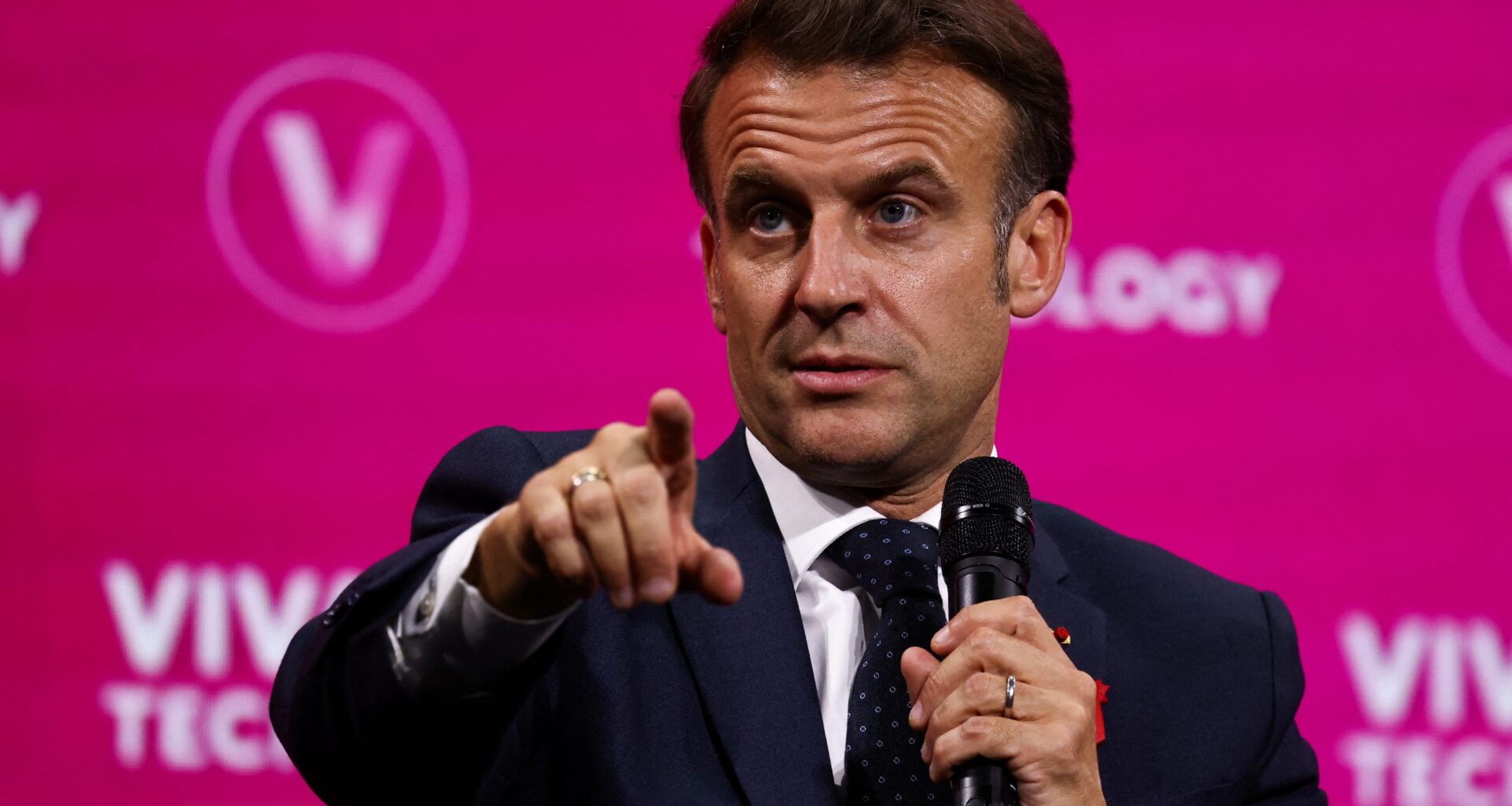At Station F, a startup incubator located in central Paris, the mood is somber: the 2025 government budget slashed €2.5 billion in funding for the France 2030 program designed to boost French competitiveness. It also reduced the Research Tax Credit, which allows companies to write off a portion of their research budgets.
“We’ve already seen a decrease in the investments companies are directing toward research,” cautions Marianne Tordeux Bitker, Director of Public Affairs for France Digitale, a nonprofit that promotes the tech sector. Many startups have frozen hiring, and some have even eliminated positions, she says. Fundraising rounds for French startups fell 60% in the first half of 2025, an even greater drop than the European average.
It’s a warning sign, not just for France, but for the rest of Europe. The continent needs to boost digital spending. It must invest an additional €800 billion a year to drag itself out of a trough of low productivity and feeble growth that’s pushing it behind the US and China in the international pecking order, former European Central Bank president Mario Draghi wrote in a recent landmark report. Draghi called the competitiveness challenge an “existential challenge.”
But France and many European countries are struggling to finance public deficits, and they also promised US President Donald Trump to increase defense spending. The recent announcement of a new trade deal under which most European goods will face a 15% US tariff will make it even harder for European businesses to achieve their growth targets.
Something has to give. In France, belt-tightening for 2026 aims to reduce France’s eurozone-leading deficit from 5.8% to 4.6% of GDP, requiring €44 billion in spending cuts.
Under pro-tech President Emmanuel Macron, France launched 25 unicorns, companies worth €1 billion or more. In 2017, just after becoming president, he opened Station F, the world’s largest startup campus, in a former train station in central Paris. Startup offices, meeting spaces, and a food court fill the vast open spaces of the hangar-like structure. Tech workers mill about, laptops in tow. Outside, staffers discuss strategy over cigarettes.
Although it’s a scene that would have seemed incongruous in traditionalist Paris until very recently, the city has become Europe’s leading tech hub. Station F has transformed from a symbol of the President’s vision into the nerve center of the continent’s startup scene.
Get the Latest
Sign up to receive regular Bandwidth emails and stay informed about CEPA’s work.
The success of French tech is due as well to various tax incentives: not just the research credit, but also significant write-offs for prototyping costs and the salaries of PhD hires.
Many of these tax breaks were already weakened in the 2025 budget. Now, the flagship research tax credit, which currently costs taxpayers €7.9 billion per year, is in danger. Prime Minister François Bayrou has vowed to do away with “useless and ineffective” tax incentives, though the exact scope of the planned cuts remains uncertain.
“Everyone is hoping that the 2025 budget cuts were a one-time adjustment,” says Roxanne Varza, the director of Station F. “We don’t want the government to go after startups and innovation every time we have to pass a budget.”
The only area where France will increase spending in 2026 (besides debt-servicing) is defense, with President Macron promising to double the military budget by 2027. This could be a boon for tech companies working on strategic infrastructure projects, such as telephone networks, but the details of how this spending will be allocated have yet to be announced.
Many of the government’s moves to attract international talent remain in place. The French Tech Visa makes it easier for non-European nationals to work in France. French universities are attempting to woo top-flight American research talent who have suffered grant cuts under the Trump Administration.
Foreign investment is booming, too. Major tech companies, including Amazon, have announced plans to expand their French operations. All told, France landed a record €15 billion in foreign investment last year.
For French tech, the message is clear. While budgets will be tight, it can continue to count on government support. After igniting concerns about reduced support, Prime Minister François Bayrou recently backtracked and vowed an additional €900 million in new investments for startups. That might bring some relief to concerned entrepreneurs at Paris’ Station F.
Jeremy B. Epstein is a Paris-based journalist and researcher.
Bandwidth is CEPA’s online journal dedicated to advancing transatlantic cooperation on tech policy. All opinions expressed on Bandwidth are those of the author alone and may not represent those of the institutions they represent or the Center for European Policy Analysis. CEPA maintains a strict intellectual independence policy across all its projects and publications.

CEPA Europe’s Tech & Security Conference in Brussels.
Read More From Bandwidth
CEPA’s online journal dedicated to advancing transatlantic cooperation on tech policy.
